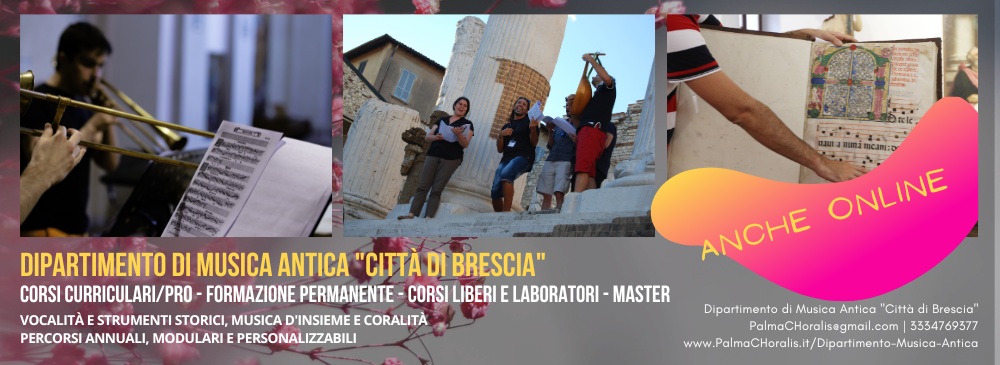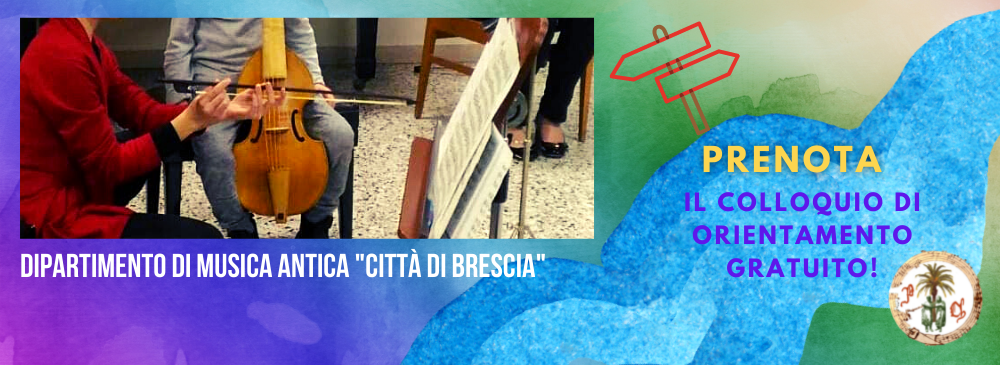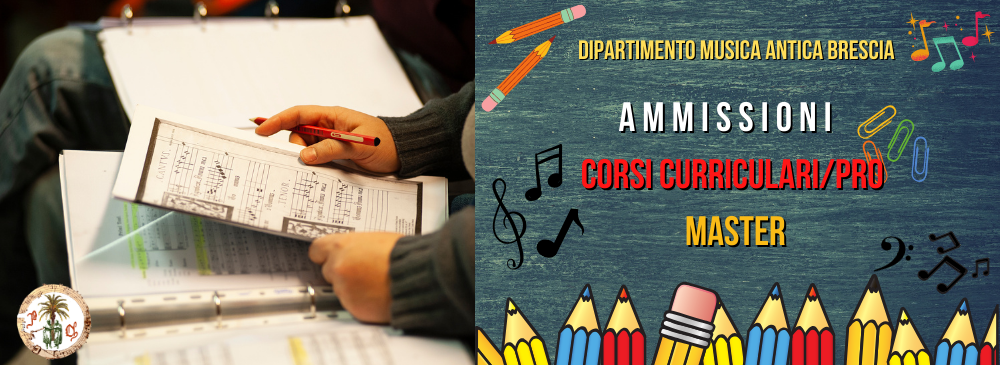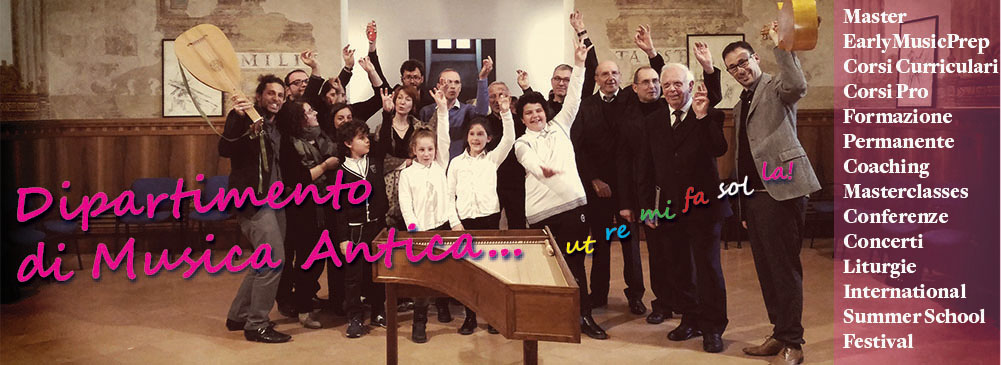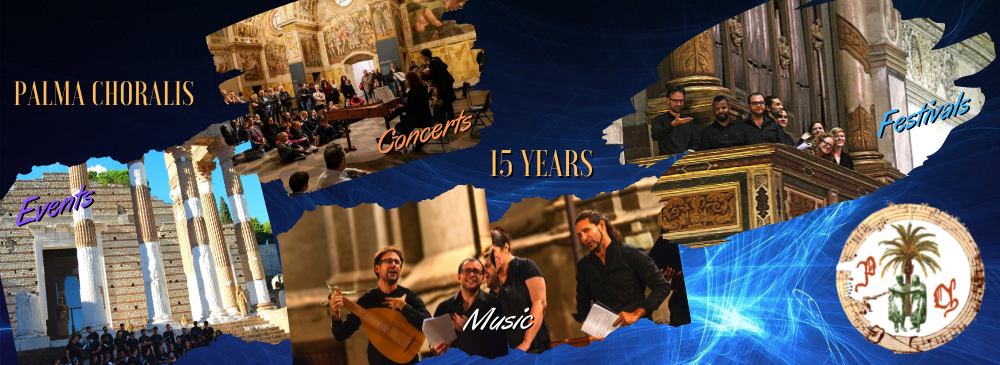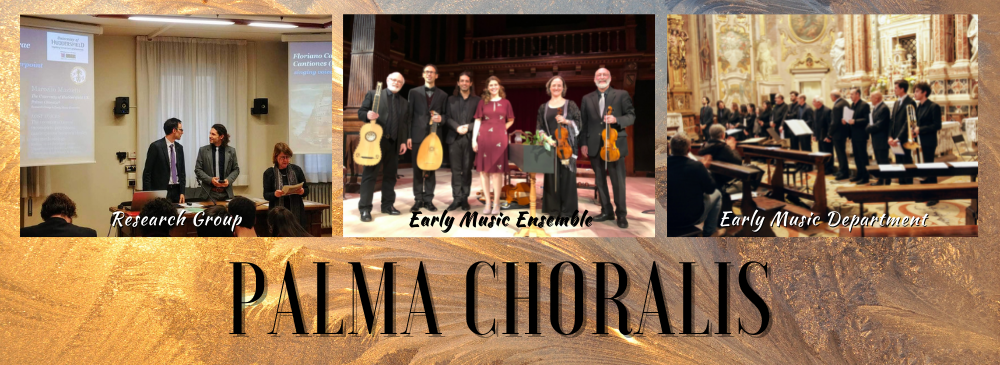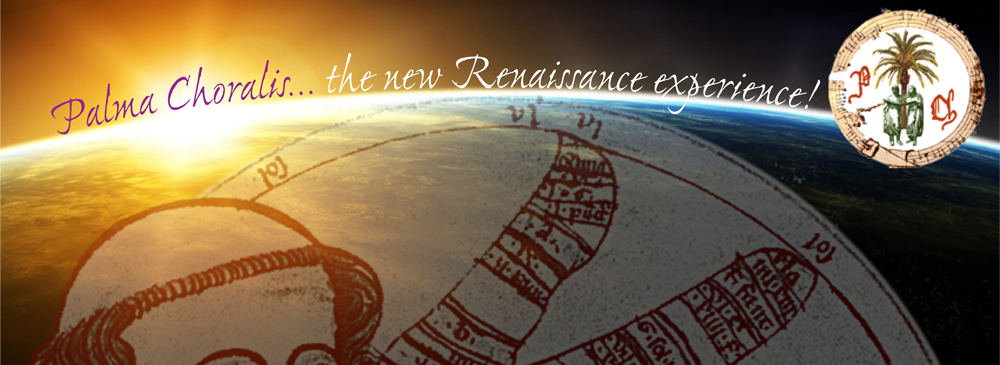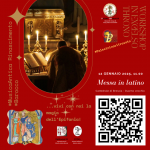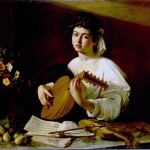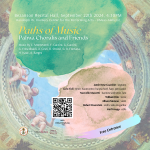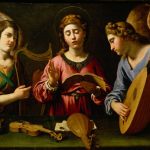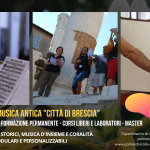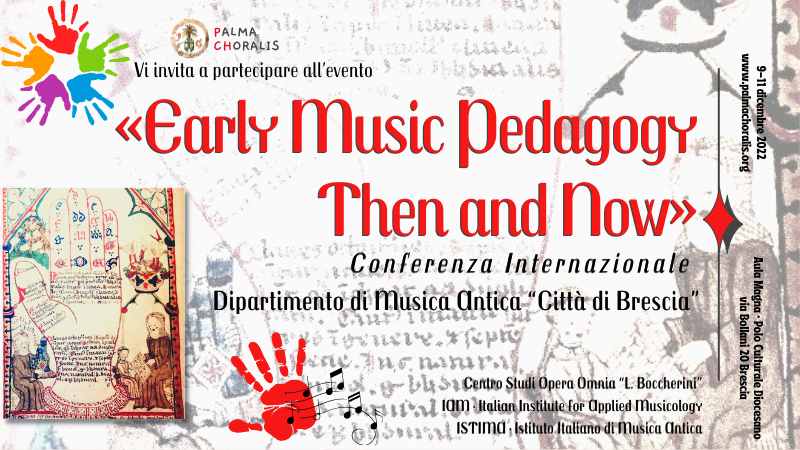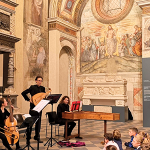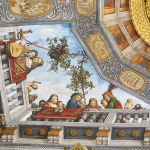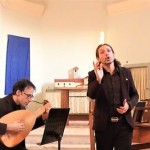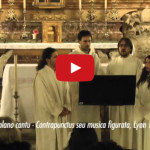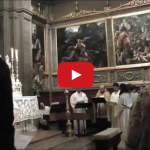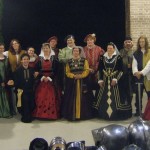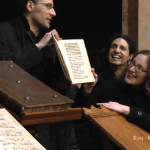
«Early Music Pedagogy Then and Now»
International Conference
2022/12/09–11
Aula Magna del Polo Culturale Diocesano (Via Bollani 20, Brescia, Italy)
 DOWNLOAD PROGRAMME
DOWNLOAD PROGRAMME
Organized by
Palma Choralis® Research Group
Istituto Italiano di Musica Antica
Centro Studi Opera Omnia Luigi Boccherini, Lucca
Italian Institute for Applied Musicology
Keynote Speakers
Barnabé Janin (Conservatoire National Supérieur de Musique et de Danse de Lyon)
Laurie Stras (University of Huddersfield, UK)
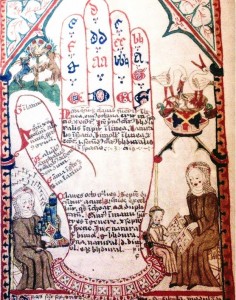 From 9 to 11 December 2022, the international conference “Early Music Pedagogy Then and Now. From the Classical Antiquity to the Renaissance” will be held in Brescia at the Auditorium of the Diocesan Cultural Centre (via Bollani 20, Brescia). For the occasion, about forty speakers from the best universities and conservatories in the world will gather to present the results of research in the field of historical musical pedagogy, to answer the question: how was music taught between Classical Antiquity and the Renaissance? The topic will include early music teaching methodologies between past and present to discover how much of these methodologies can today be recovered to perform the music of the past in a conscious manner and according to a historically informed practice.
From 9 to 11 December 2022, the international conference “Early Music Pedagogy Then and Now. From the Classical Antiquity to the Renaissance” will be held in Brescia at the Auditorium of the Diocesan Cultural Centre (via Bollani 20, Brescia). For the occasion, about forty speakers from the best universities and conservatories in the world will gather to present the results of research in the field of historical musical pedagogy, to answer the question: how was music taught between Classical Antiquity and the Renaissance? The topic will include early music teaching methodologies between past and present to discover how much of these methodologies can today be recovered to perform the music of the past in a conscious manner and according to a historically informed practice.
Brescia, thanks to the international activities carried out since 2015 by the Early Music Department “Città di Brescia” directed by M° Marcello Mazzetti and M° Livio Ticli, becomes a global hub for innovative projects in the field of historically informed Renaissance and Baroque teaching and performance, rediscovering the invaluable heritage of composers who made the city one of the European capitals of music at the time.
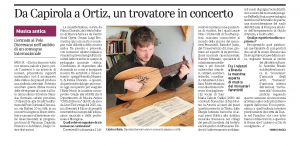 The symposium is open to everyone, musicologists, performers, and music teachers and aims to reassess the role of music pedagogy as a bridge between historical research and performance practice, applying this discussion to today’s challenges of music education and reshaping modern pedagogical reflection. It will represent the convergence between musicological studies and practical music and is particularly aimed at students of Music Conservatories and High Schools, as well as teachers since participation is valid for staff updating.
The symposium is open to everyone, musicologists, performers, and music teachers and aims to reassess the role of music pedagogy as a bridge between historical research and performance practice, applying this discussion to today’s challenges of music education and reshaping modern pedagogical reflection. It will represent the convergence between musicological studies and practical music and is particularly aimed at students of Music Conservatories and High Schools, as well as teachers since participation is valid for staff updating.
Programme Committee
· Isaac Alonso de Molina (Koninklijk Conservatorium Den Haag)
· Elsa De Luca (CESEM – FCSH, NOVA University of Lisbon)
· Roberto Illiano (Centro Studi Opera Omnia Luigi Boccherini)
· Marcello Mazzetti (University of Huddersfield UK, Istituto Italiano di Musica Antica, Palma Choralis)
· Fulvia Morabito (Centro Studi Opera Omnia Luigi Boccherini)
· Massimiliano Sala (Centro Studi Opera Omnia Luigi Boccherini)
· Livio Ticli (University of Huddersfield UK, Istituto Italiano di Musica Antica, Palma Choralis)
The official languages of the conference are English, Italian and French.
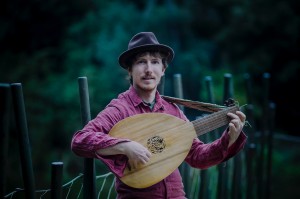 During the three days of talks, the public will also be given the opportunity to attend a free concert – a lecture-recital scheduled for Saturday 10 December at 6 pm given by the Canadian lutenist Stanislas Germain (McGill University).
During the three days of talks, the public will also be given the opportunity to attend a free concert – a lecture-recital scheduled for Saturday 10 December at 6 pm given by the Canadian lutenist Stanislas Germain (McGill University).
“Harmony of the Spheres.
Lute Music Stories of the Renaissance”
According to a very ancient world view, music is in harmony with the whole universe. Planets and stars emit sounds as they move creating together a symphony. This celestial music is
refected in the human soul, but only a faint memory remains after we are born. During the Renaissance, a few musicians have elevated their art to such perfection that led their public to a state of deep trance reawakening the memory of this celestial music. Legends tell of the influence of that music on decisions made by kings in several courts. Harmony had the power to bring peace, but also to cause war.
More information can be found in the Conference programme.
Conference Abstract
In the past few decades, scholars have increasingly shown an interest in investigating historical sources in relation to music teaching, exploring new ground for an extended discussion on teaching practices of the past. Similarly, the early music education of today is fostering a fruitful dialogue within the scholarly community. Within this strand of research, a central role is played by the re-evaluation of mnemonics, the reconsideration of theoretical sources, composition and analysis of music notation as descriptive and non-prescriptive elements.
Both practitioners’ and scholars’ perspectives become crucial to rethink contents and methodology of early music pedagogy because investigating historical sources through a pedagogical lens reveals the necessary knowledge to teach a specific topic or a music skill. As recent studies suggest that recreating historical methods of improvisation is a form of reverse engineering, performance can be considered as both an embodied knowledge and a learning process through practice. Indeed, researching historical pedagogy can inform modern pedagogy and practice, just as modern pedagogy and practice can inform historical research.
The conference explores the multicultural mosaic of early music education, by pinpointing any affinity or difference in the way music was taught and learnt across Europe (Western and Eastern) and the Mediterranean area. This perspective covers Classical Antiquity, the Middle Ages and the Renaissance (until 1650) and the subject of investigation includes chant, vocal/instrumental and sacred/secular music, dance, and theatre.
@cantorferrariensis
@liviocantorino
#PalmaCHoralis
#TheNewRenaissanceExperience
#CultivatingTalentsWithPassion
#Rinascimento
#BIEMSSF
#RinascimentoBresciano
#PalmaCHoralisforBrescia
#EarlyMusicBrescia
Palma Choralis · Research Group & Early Music Ensemble
Dipartimento Musica Antica Brescia
Dipmusant Brescia
Brescia International Early Music Summer School & Festival
»INFO
![]() www.PalmaCHoralis.org/Dipartimento-Musica-Antica
www.PalmaCHoralis.org/Dipartimento-Musica-Antica
![]() fb.com/EarlyMusicBrescia
fb.com/EarlyMusicBrescia
![]() Facebook Events
Facebook Events
![]() fb.com/PalmaCHoralis
fb.com/PalmaCHoralis
![]() twitter.com/PalmaCHoralis
twitter.com/PalmaCHoralis
![]() instagram.com/PalmaCHoralis
instagram.com/PalmaCHoralis
![]() youtube.com/
youtube.com/
»MEDIA
![]() Sedi delle Attività
Sedi delle Attività
![]() Photo Albums
Photo Albums


